Best crm and accounting software for small business – Running a small business requires juggling numerous tasks, from managing customer relationships to tracking finances. Efficient software can significantly streamline these processes, boosting productivity and profitability. Choosing the right Customer Relationship Management (CRM) and accounting software is crucial for success. This comprehensive guide explores the best options available, helping you find the perfect fit for your specific needs.
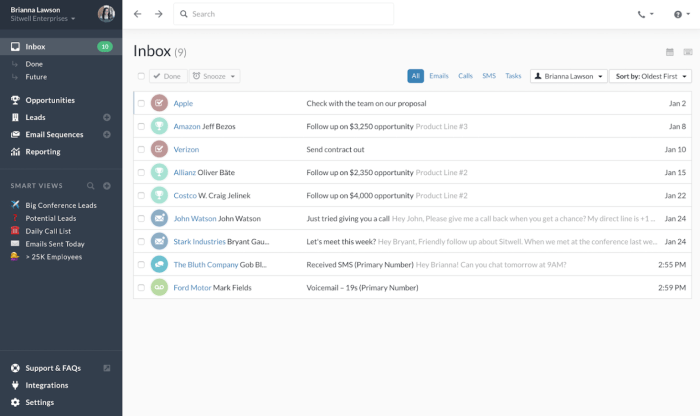
Source: amazonaws.com
Understanding Your Needs: CRM and Accounting Software Selection
Before diving into specific software options, it’s vital to assess your business’s unique requirements. Consider the following factors:
CRM Needs:, Best crm and accounting software for small business
- Customer base size: Are you managing a few dozen clients or thousands?
- Sales process complexity: Do you have a simple sales cycle or a multi-stage process?
- Integration needs: Do you need your CRM to integrate with other software, such as your accounting software or email marketing platform?
- Reporting and analytics: What kind of data do you need to track and analyze? Sales performance? Customer engagement?
- Budget: How much are you willing to spend on CRM software?
Accounting Needs:
- Business type: Sole proprietorship, partnership, LLC, or corporation?
- Transaction volume: How many transactions do you process monthly?
- Invoicing requirements: Do you need to send out invoices frequently? Do you need recurring billing?
- Financial reporting needs: What reports do you need to generate (profit & loss, balance sheet, cash flow)?
- Tax compliance: Does the software handle tax calculations and reporting?
- Inventory management: Do you need to track inventory levels?
Top CRM Software for Small Businesses
Several excellent CRM options cater specifically to the needs of small businesses. Here are a few popular choices:
HubSpot CRM:
HubSpot offers a robust, free CRM with a wide array of features, including contact management, deal tracking, and basic reporting. Its user-friendly interface and extensive integrations make it a popular choice for businesses of all sizes. HubSpot CRM Website
Zoho CRM:
Zoho CRM provides a comprehensive suite of tools for managing customer interactions, including sales automation, marketing automation, and customer support features. It offers a range of pricing plans to suit different budgets. Zoho CRM Website
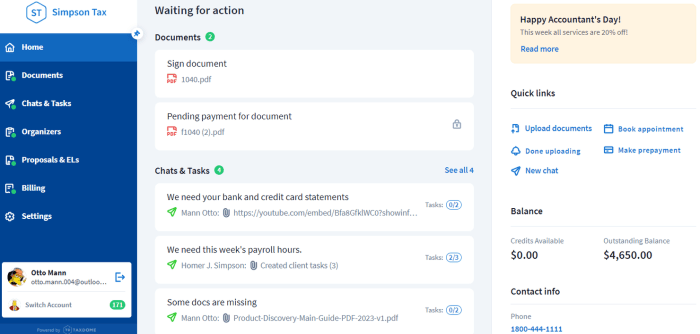
Source: revopsteam.com
Salesforce Sales Cloud:
While known for its enterprise-level solutions, Salesforce also offers a streamlined version suitable for smaller businesses. It provides powerful sales management capabilities but may have a steeper learning curve than other options. Salesforce Sales Cloud Website
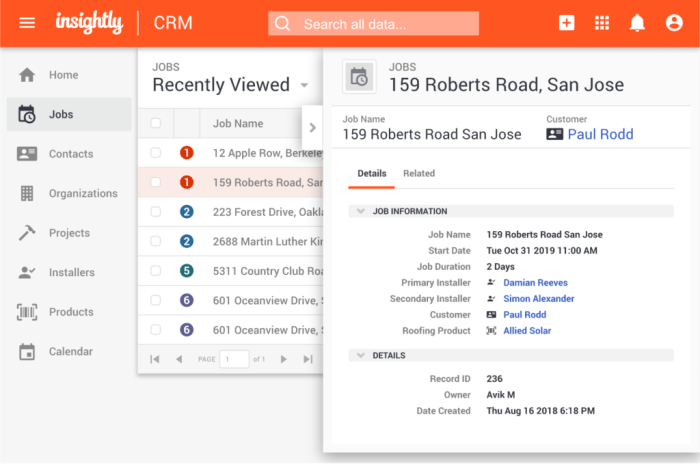
Source: amazonaws.com
Freshsales:
Freshsales is a user-friendly CRM that balances powerful features with ease of use. It’s known for its intuitive interface and strong customer support. Freshsales Website
Top Accounting Software for Small Businesses
Choosing the right accounting software can significantly simplify your financial management. Here are some leading options:
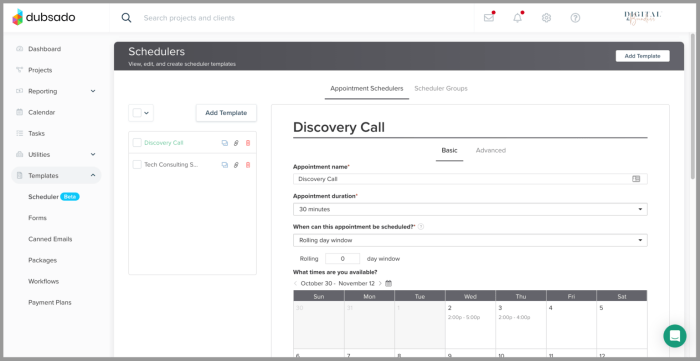
Source: futurefirm.co
Xero:
Xero is a cloud-based accounting software known for its user-friendly interface and comprehensive features. It offers robust invoicing, expense tracking, and reporting capabilities. It’s highly regarded for its ease of use, even for those without accounting expertise. Xero Website
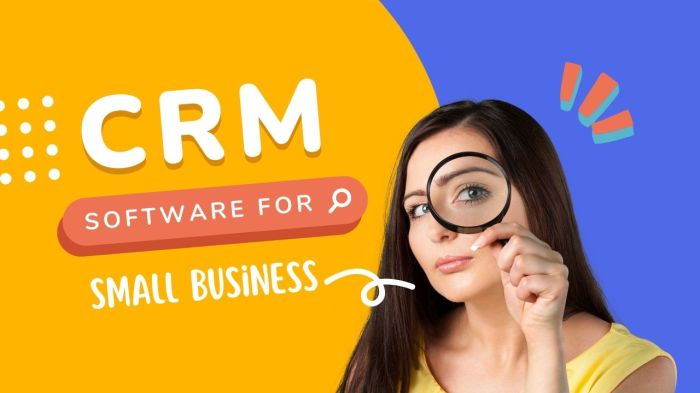
Source: oflox.com
QuickBooks Online:
QuickBooks Online is a popular choice for small businesses, offering a range of plans to suit different needs. It provides features such as invoicing, expense tracking, bank reconciliation, and financial reporting. Intuit, the company behind QuickBooks, offers excellent customer support and resources. QuickBooks Online Website
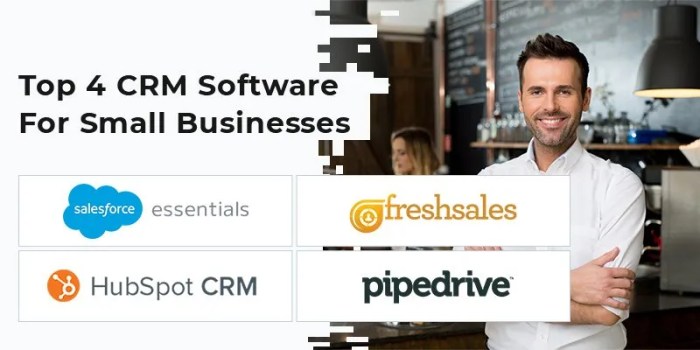
Source: commercient.com
FreshBooks:
FreshBooks is an excellent option for freelancers and small businesses needing simple, intuitive invoicing and expense tracking. It’s particularly user-friendly and focuses on ease of use rather than extensive accounting features. FreshBooks Website
Integrating CRM and Accounting Software: Best Crm And Accounting Software For Small Business
Integrating your CRM and accounting software can significantly enhance efficiency. Seamless data flow between the two systems eliminates manual data entry, reduces errors, and provides a more holistic view of your business’s performance. Many CRM and accounting software providers offer direct integrations or support third-party integration tools.
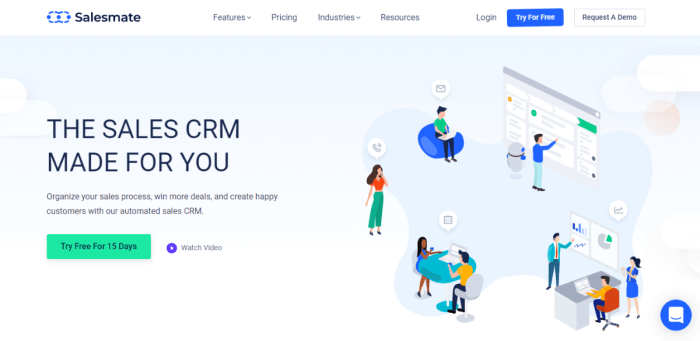
Source: solutionsuggest.com
Look for software that supports API integrations or offers pre-built connectors to ensure a smooth data flow between your chosen CRM and accounting platforms. This integration can automate tasks like creating invoices from sales deals, tracking payments, and generating reports that combine sales and financial data.
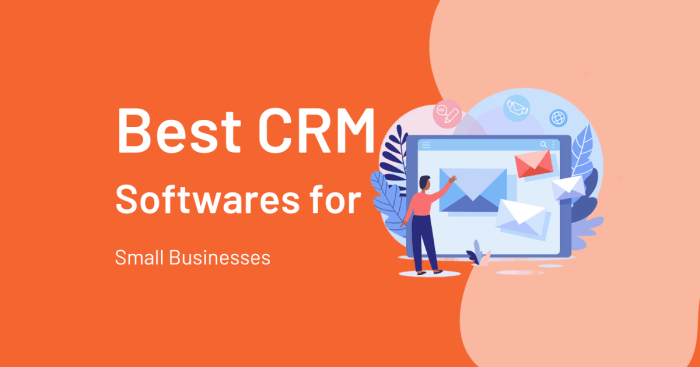
Source: medium.com
Choosing the Right Combination
The best combination of CRM and accounting software depends on your specific needs and budget. Consider the size of your business, your sales process, your financial reporting requirements, and your technical expertise. Many businesses start with a free or low-cost CRM and accounting software and upgrade as their needs grow.
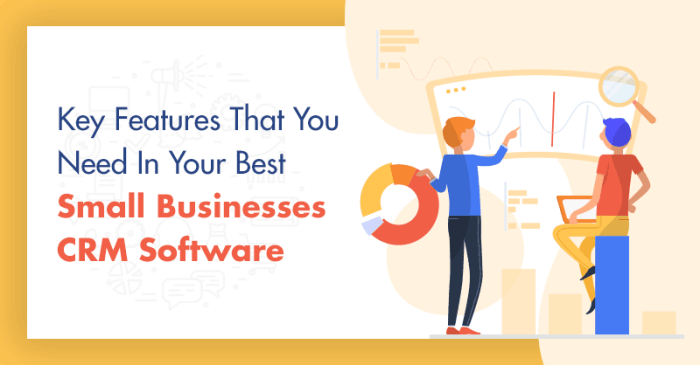
Source: cloudfront.net
Frequently Asked Questions (FAQ)
- Q: What is the difference between CRM and accounting software?
A: CRM software focuses on managing customer relationships, sales processes, and marketing activities. Accounting software focuses on managing financial transactions, generating reports, and ensuring tax compliance.
- Q: Do I need both CRM and accounting software?
A: While not strictly necessary for all businesses, using both can significantly improve efficiency and provide a clearer picture of your business’s financial and customer health. The benefits often outweigh the costs.
- Q: How much does CRM and accounting software cost?
A: Costs vary widely depending on the features, the number of users, and the provider. Many offer free plans with limited features, while others charge monthly or annual subscriptions.
- Q: How can I integrate my CRM and accounting software?
A: Many software providers offer direct integrations or APIs. You may also need to use third-party integration tools. Check the documentation of your chosen software for integration options.
- Q: What are the benefits of using cloud-based CRM and accounting software?
A: Cloud-based software offers accessibility from anywhere with an internet connection, automatic updates, and often better scalability than on-premise solutions.
Conclusion
Selecting the right CRM and accounting software is a crucial step in building a successful small business. By carefully considering your needs and exploring the options available, you can find the perfect tools to streamline your operations, improve efficiency, and ultimately, boost your bottom line. Remember to take advantage of free trials and demos to test the software before committing to a purchase.
Call to Action
Ready to optimize your business processes? Start exploring the CRM and accounting software options discussed above and find the perfect fit for your needs today! Click here to learn more about each software and request a free trial or demo!

Source: optimonk.com
Top FAQs
What are the key features to look for in CRM software?

Source: doola.com
Key features include contact management, sales pipeline tracking, communication tools (email, SMS), reporting and analytics, and customer support integration.
What are the key features to look for in accounting software?

Source: smallbiztrends.com
Key features include invoicing, expense tracking, financial reporting (profit & loss, balance sheet), bank reconciliation, and tax preparation support.
How much should I expect to pay for this type of software?
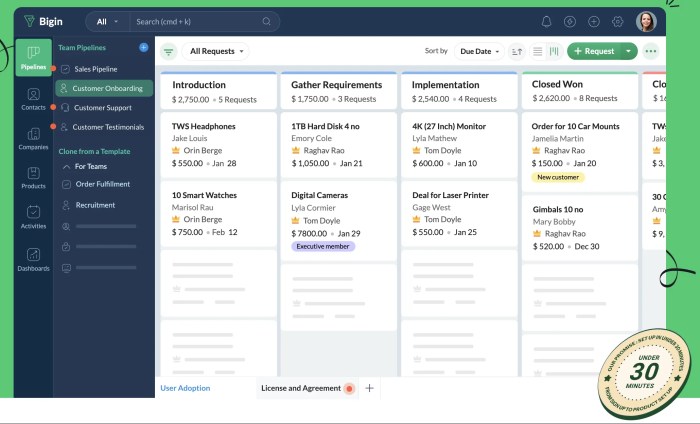
Source: hubspot.com
Pricing varies greatly depending on features and the number of users. Expect monthly or annual subscription fees ranging from a few dollars to hundreds, depending on the scale and complexity of the software.
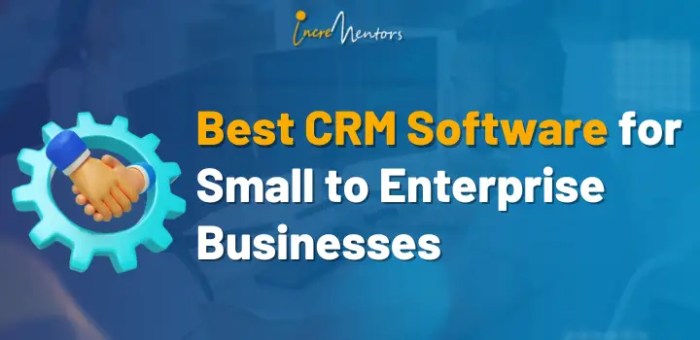
Source: incrementors.com
Can I integrate my CRM and accounting software with other business tools?
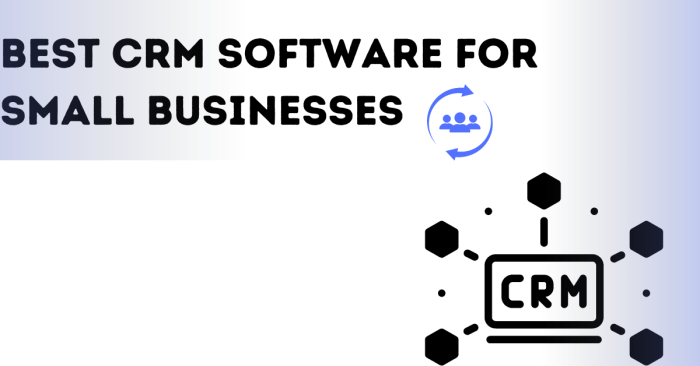
Source: kgcrmsolutions.com
Many CRM and accounting software packages offer integrations with other popular business tools like e-commerce platforms, payment gateways, and marketing automation software. Check for API compatibility before selecting a solution.
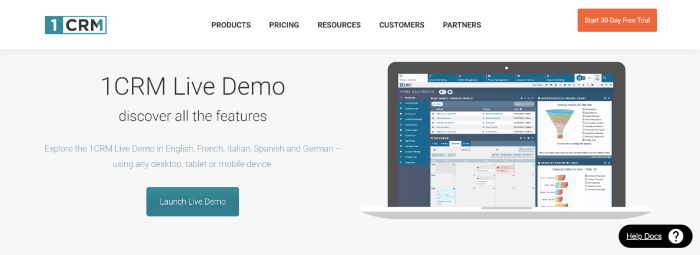
Source: cllax.com
What if I need help using the software?
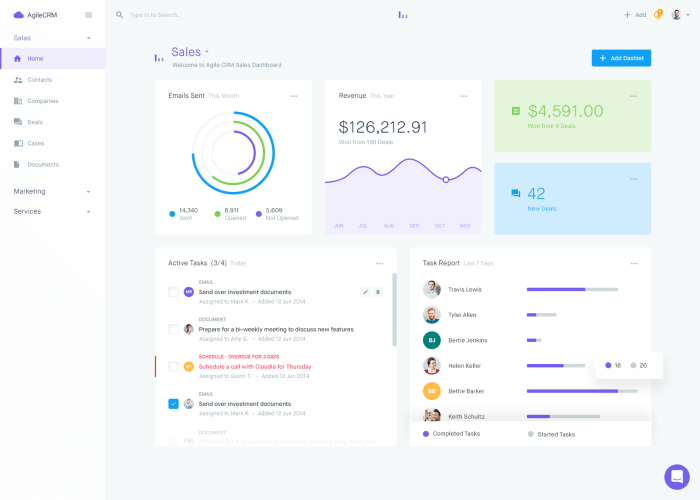
Source: shortpixel.ai
Most reputable vendors offer customer support options, including online documentation, tutorials, and direct contact with support staff. Look for vendors with readily available and responsive support channels.
